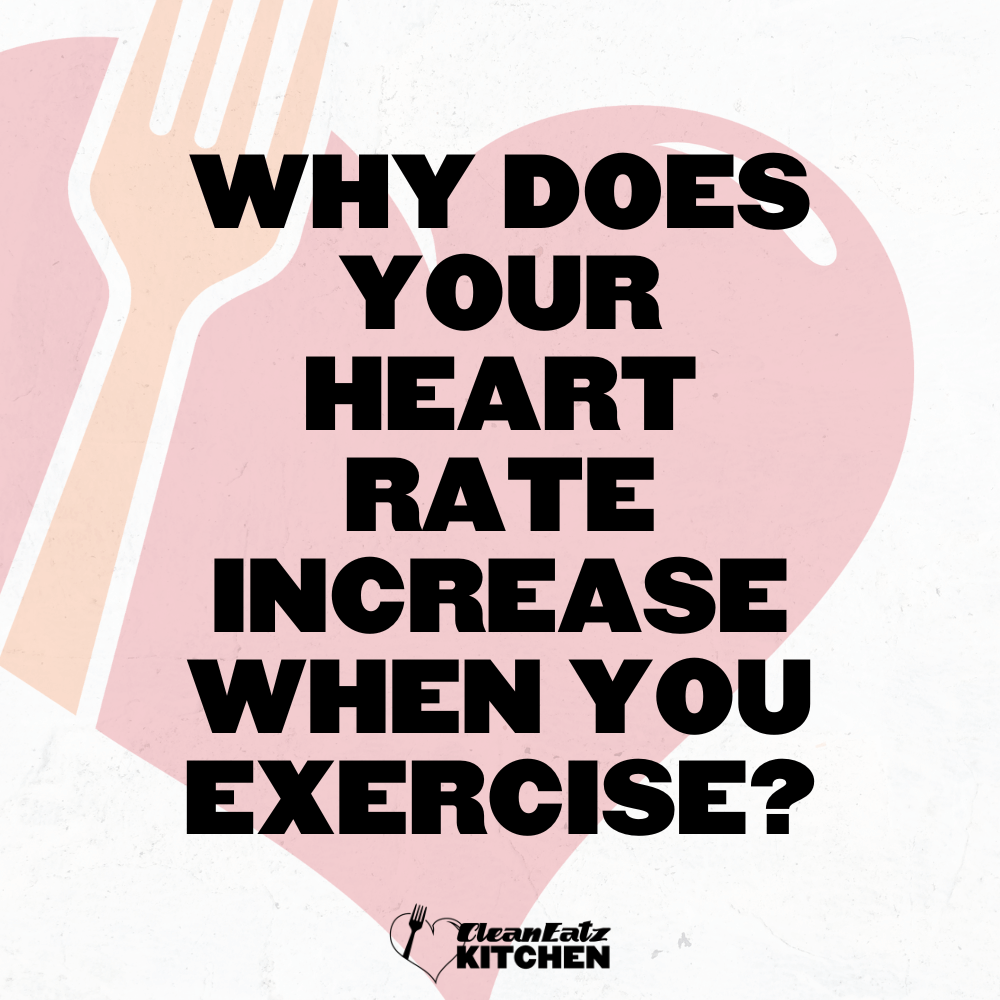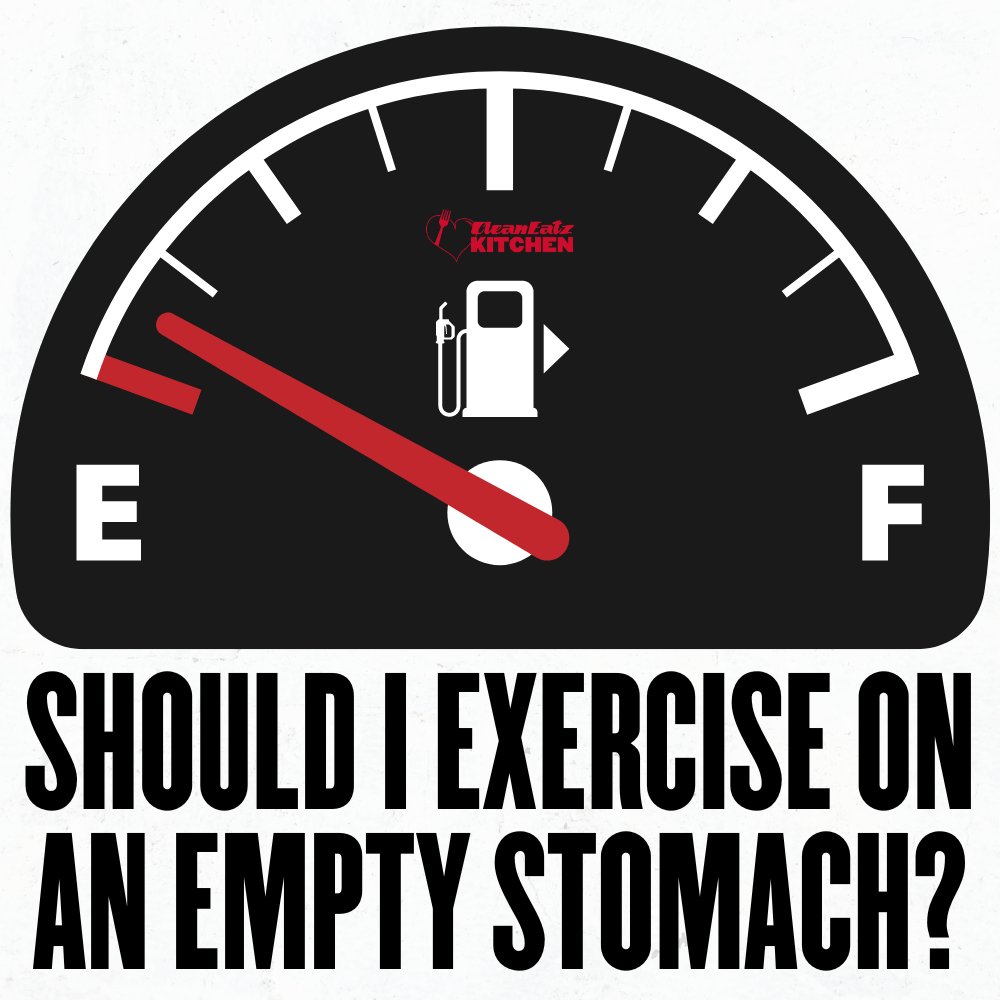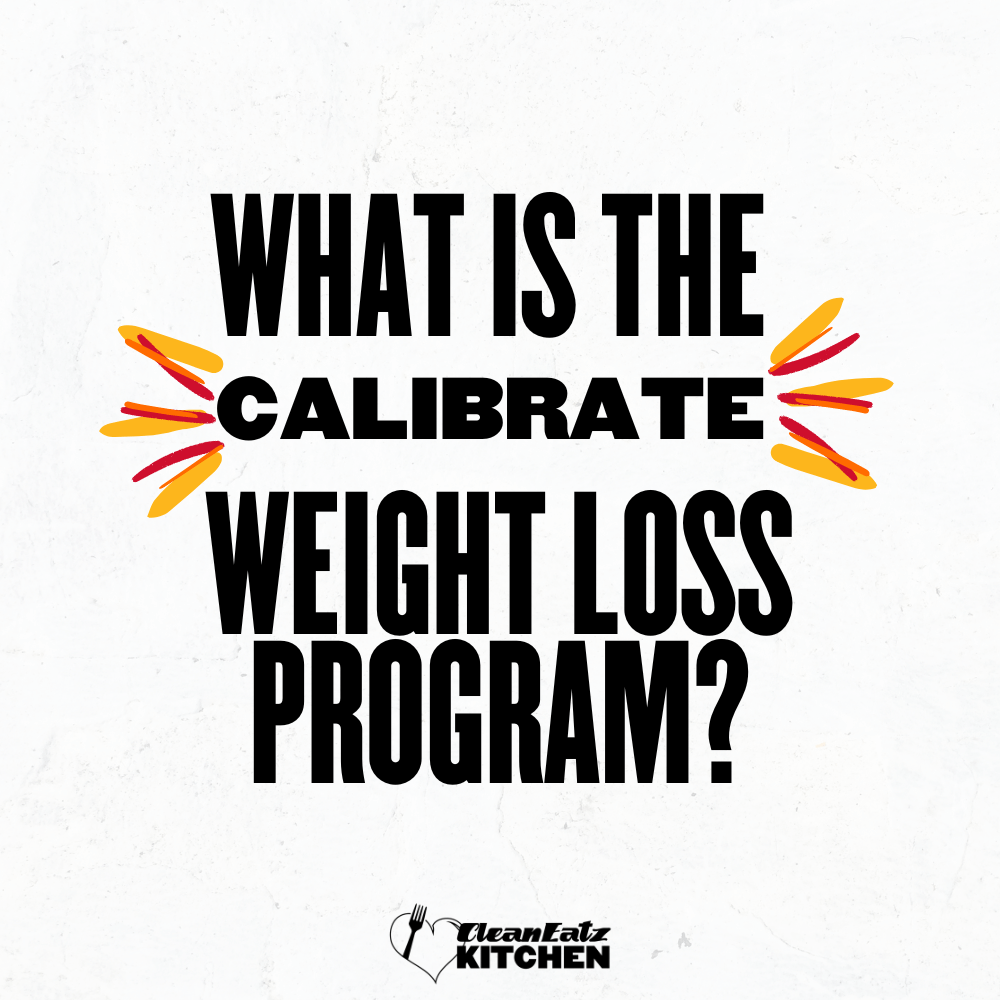
Why Does Your Heart Rate Increase When You Exercise? The Science Behind It
Jason Nista
Exercises & Fitness
7 minute read
When you work out, your heart rate usually goes up. In fact, that's one of the key ways your body knows it's time to get moving. But why does your heart rate increase when you exercise? There are a few different reasons why your heart rate increases when you exercise. The most common reason is that your body is responding to the increased demand for oxygen that comes with physical activity. But that's not the only reason why your heart rate might increase when you work out. Another reason is because of the adrenaline that's released during exercise. Adrenaline is a hormone that helps prepare your body for "fight or flight" mode, and it can cause your heart rate to spike as a result. If we’ve managed to grab your interest, then continue to read as we go into further details regarding the connection between increasing heart rates and exercising.
What Is the Cardiovascular System and How Does It Work?
When you work out, your heart rate increases as your body tries to get more oxygen to your muscles. This is all thanks to your cardiovascular system—a network of organs that work together to pump blood throughout your body. Your heart is a muscle, and when it contracts, it pumps blood filled with oxygen and nutrients to the rest of your body. The blood travels through your arteries and capillaries, which deliver oxygen and nutrients to your muscles. As the muscles use up the oxygen and nutrients, they produce carbon dioxide and other waste products. This waste product is picked up by the blood and transported back to your heart, where it's eliminated from your body.
What Is the Purpose of a Faster Heart Rate During Exercise?
When you exercise, your heart rate speeds up because your body needs more oxygen. The increased heart rate helps deliver that oxygen-rich blood to your muscles, so they can work harder and longer. Think about it like this: Your body is a car and your heart is the engine. When you're sitting at a stoplight, the engine is idling. But when you step on the gas, the engine races to keep up with the demand for power. It's the same thing with your heart during exercise. When you start moving, your heart rate speeds up to match the increased demand for oxygen. So it's important to choose the right exercise routine for yourself so that your body is able to keep up with it.
How Does the Body Respond to Different Types of Exercise?
Similar to all other muscles in the body, your heart responds to exercise by getting stronger. The more you work your heart, the more efficient it becomes at pumping blood throughout your body. This increased efficiency is what causes your heart rate to decrease over time as you become more fit. The type of exercise you do will determine how your body responds. For example, endurance exercises (like running) will cause your heart rate to increase because your body needs to work harder to deliver oxygen to your muscles. On the other hand, anaerobic exercises (like weightlifting) will cause your heart rate to stay relatively low because your muscles don't need as much oxygen.
What Factors Affect Heart Rate During Exercise?
So, your heart rate is going to increase during exercise. But what factors are actually affecting it? Well, one of the major things that can make your heart beat faster is the intensity of exercise you're doing. Basically, the more intense the exercise, the faster your heart beats. There's also age: typically, younger people have lower resting heart rates and recover quicker after exercise. Age-related differences in heart rate can be attributed to muscle mass, cardiorespiratory fitness, and posture.
Other factors include temperature — hot or humid conditions will make it harder for your body to cool down and keep your heart rate low — as well as fatigue and stress levels. And finally, certain medications like beta blockers can slow down your heart rate during exercise. When it comes to understanding why our heart rate increases when we exercise, we still have a lot to learn. However, we do know that the primary reason is that our body is working hard to pump blood and oxygen to our muscles. This increased demand causes the heart to beat faster and work harder in order to meet the increased demand.
As you continue to strengthen your heart with consistent exercise, it’s important to note that you can produce better results by following simple techniques, such as following an ideal diet plan. A diet plan ensures that your body gets access to the essential nutrients that it needs to grow stronger through every workout session that it endures. Clean Eatz Kitchen brings you a huge variety of diet plans to not only keep your body energized but also give your taste buds a mesmerizing journey. All you need to do is head on over to Clean Eatz Kitchen and build your desired meal plan to get your favorite meals delivered straight to your doorstep.
Final Thoughts
During exercise, your heart rate rises to ensure more efficient oxygen delivery to muscles, primarily due to the release of adrenaline. This heightened cardiovascular activity aims to boost energy production. The effect on heart rate can vary depending on the type of exercise you engage in. Additionally, several factors, including age, exercise intensity, temperature, and medication, can impact your heart rate during physical activity. Acknowledging and considering these variables is essential for designing a safe and effective workout routine that aligns with your individual needs and circumstances.
FAQ
What causes your heart rate to increase during exercise?
Your heart rate increases during exercise primarily because your body requires more oxygen to support the increased physical activity. As you engage in physical exertion, your muscles demand a higher supply of oxygen and nutrients to function optimally. This prompts your heart to beat faster and pump more blood, which is rich in oxygen, to the muscles, ensuring they have the necessary resources to perform the work.
How does the cardiovascular system function during exercise?
The cardiovascular system responds dynamically during exercise. The heart, which is essentially a muscular pump, contracts more vigorously and at a faster rate. This action propels oxygenated blood throughout the body, delivering vital nutrients and oxygen to muscles and organs. Simultaneously, the blood vessels, particularly the arteries, dilate to facilitate increased blood flow. As muscles use up oxygen and produce waste products like carbon dioxide, the blood picks up these waste products and transports them back to the heart for elimination.
What is the purpose of a faster heart rate during physical activity?
The acceleration of your heart rate during exercise serves a crucial purpose. It ensures that oxygen-rich blood is delivered to your working muscles more efficiently. This heightened circulation enhances the muscles' capacity to generate energy, allowing them to work harder and for more extended periods. In essence, your heart rate adjusts to meet the increased oxygen demand generated by your body's physical activity, enabling you to perform various exercises effectively.
How does the body respond to different types of exercise in terms of heart rate?
The body's response to exercise varies depending on the type of physical activity you engage in. Endurance exercises, such as running or cycling, tend to raise heart rates significantly because they require sustained effort and increased oxygen supply to support muscle endurance. Conversely, anaerobic exercises like weightlifting generally result in relatively lower heart rates since the muscles involved don't demand as much oxygen for short bursts of intense effort.
Related Articles
Is It Better to Exercise on an Empty Stomach?
15 minute read
What Is The Calibrate Weight Loss Program?
5 minute read
Is Kayaking Good Exercise?
5 minute read



